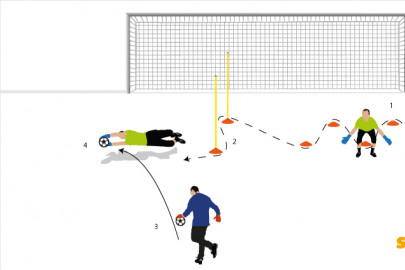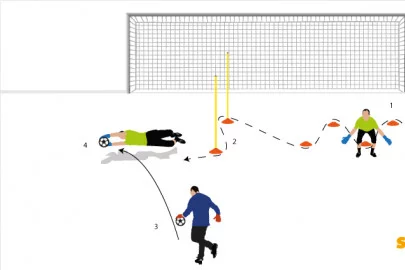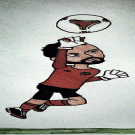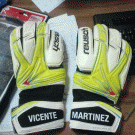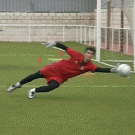It is necessary to broaden the contents in goalkeepers' training. In addition to the technical-tactical aspects, it is necessary to develop emotional and psychological competencies specific to this position. These are specific values and emotional skills that increase their training as goalkeepers, so that in addition to having excellent physical, technical and tactical qualities, they must BE and FEEL like real goalkeepers.
There are many conditioning factors that affect the emotional state of the football goalkeeper, such as ‘understanding loneliness in teamwork’, ‘directing or giving instructions to teammates, leading from the goal’, ‘competing every day’, ‘developing skills for emotional self-control: control of anxiety, stress and anger’... but we would like to present the ones we consider more important.
Accept and live with the possibility of error
Goalkeepers' mistakes are very evident and decisive for the result of the match. From an emotional point of view, the goalkeeper is aware of not making mistakes, which can make them much more insecure. We must understand that mistakes are part of the game and that it is impossible to always play perfectly. The difference is whether the goalkeeper knows how to handle the situation after a mistake or whether it is the situation that handles the goalkeeper - if they manage to immediately focus on the game again or if they can't get back into it.
Conveying confidence
The goalkeeper spreads their emotions to their team and to the crowd. The goalkeeper's insecurity reduces their teammates' confidence in them, making it more difficult for them to defend or attack. The goalkeeper is a great ‘transmitter’ of moods. They are the first to bring a sense of security to the team. In the first moves of the match, they should not take a risk and make several interventions without any hesitation. The opposite should be the case at the end of the match where the goalkeeper must convey control of the situation by taking risks in those final moments.
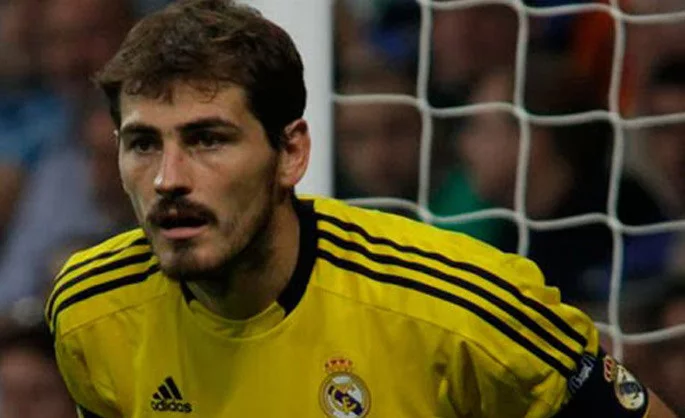
Accepting and knowing how to live with criticism
The footballer's work is ‘public’ in that it is carried out in front of the eyes of the fans in the stands. It is like working in a ‘shop window’, in full view of everyone. It is not easy to isolate oneself from this circumstance and focus totally on one's work. It is necessary to provide the goalkeeper with psychological resources to help them cope with their weekly ‘test’.
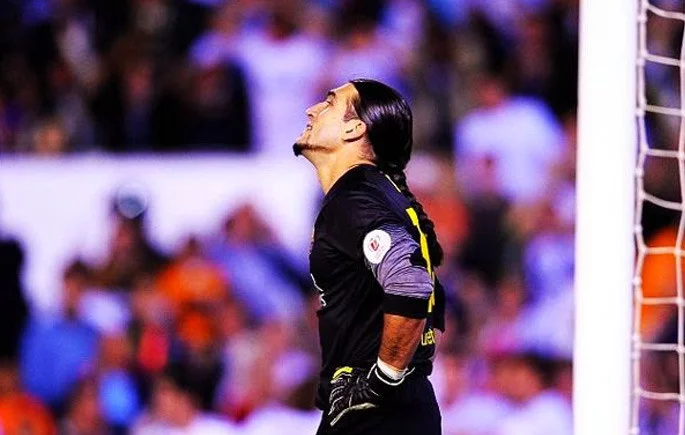
Internal management of one's own individual self-confidence.
The goalkeeper must convey confidence from their work. He cannot expect the coach to ‘gift’ him confidence. Nobody is going to give him blind confidence. This is a mistaken expectation on the part of many players. It is up to them to convince their coaches, which is only possible by managing their own self-confidence. Others may doubt, but one cannot doubt oneself. It is difficult for this to arise spontaneously when the player is young or in the process of training. It is necessary to teach him and transfer resources to him so that he knows how to navigate in the sea of other people's doubts.
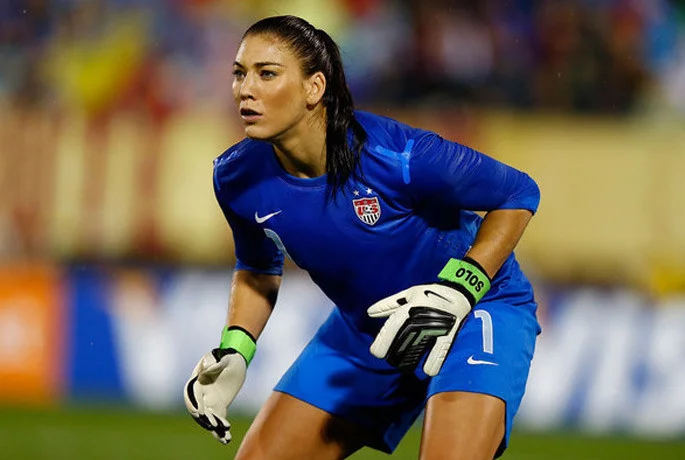
Competing every day.
Mistakenly, the young goalkeeper thinks they are wasting their time by not being able to play continuously. Thus, without realising it, they despise the opportunity to compete. Teammates become rivals to overcome, always based on a job well done. They must learn to live with this type of situation without it affecting their morale or their work.
It is important that the goalkeeping coach creates an atmosphere of healthy competition between goalkeepers from the very first training session. It is surprising how many goalkeepers, after the first day of training and learning of the goalkeeping coach's choices, relax and stop working with the necessary intensity. This is a mistake made both by goalkeepers who become starters (they feel that false security of having achieved their goal of the season) and by substitutes (they assume their role badly and no longer compete).
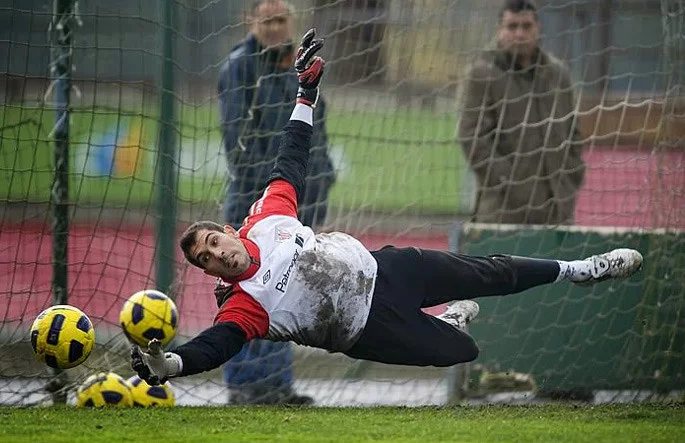
Thanks to our team's psychologist (RSD Santa Isabel, Zaragoza) @YolandaCuAy for those tasks before each training session, before each match, that make us come out feeling confident... For helping us reinforce our emotional and psychological skills, which not only help us in sports but also in our daily life. Without you, this wouldn't have been possible.
